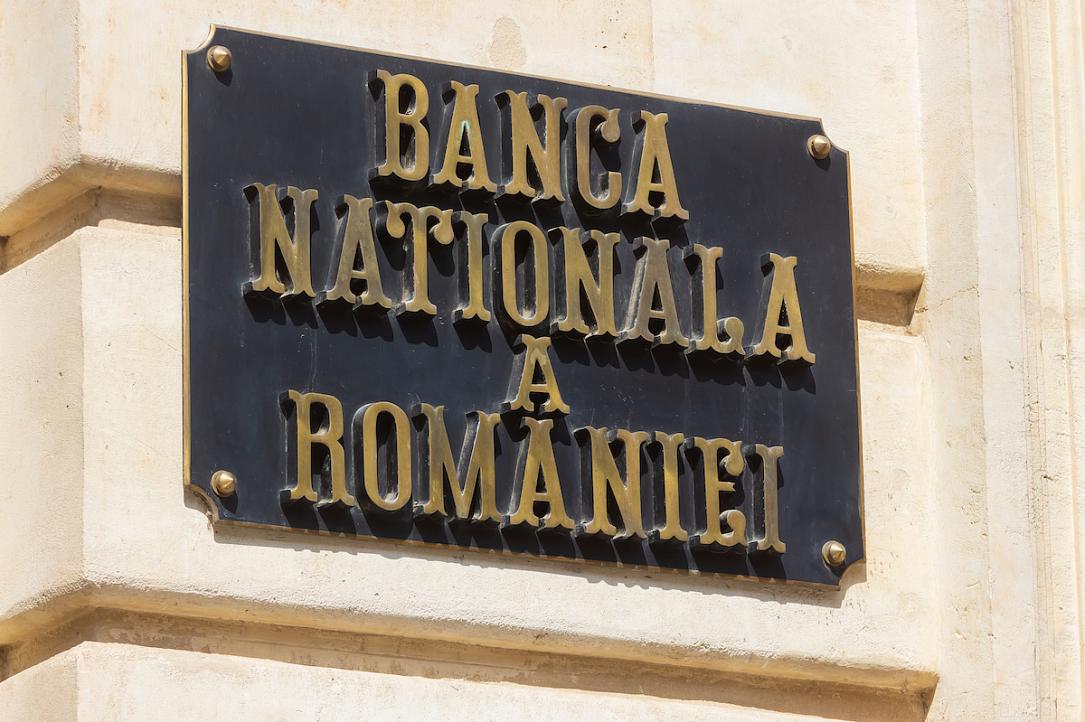Romania's central bank frees EUR 750 mln from reserves to stimulate lending in euro

Romania’s National Bank (BNR) Board of Directors, in its February 7 meeting, maintained the key policy interest rate at 2.5% but reduced the minimum reserve rate for foreign currency liabilities by 2 percentage points to 6%, effective starting the period February 24-March 23, Ziarul Financiar reported.
The minimum reserve rate for local currency liabilities was kept at 8%.
The minimum reserve rate cut will release some EUR 775 million, previously held in the central bank’s vaults as part of the country’s forex reserve, to the banks, according to Ionut Dumitru, chief economist of Raiffeisen Bank.
Dumitru said that the banks will use the money largely for purchasing government bonds denominated in euro issued by Romania or other states, or for repaying external credit lines. The euro surplus could also support the local currency on the local market, but only marginally, Dumitru added.
BNR governor Mugur Isarescu, however, argued in favour of more forex lending to exporters, which are not subject to foreign exchange risks. Even natural persons paid directly or indirectly in foreigh currency should feel encouraged to contract foreign currency loans, Isarescu added.
In addition to lending to the real sector, Isarescu also said that banks could, "of course, also finance the Romanian Government".
editor@romania-insider.com
(Photo source: Icva/Dreamstime.com)
















